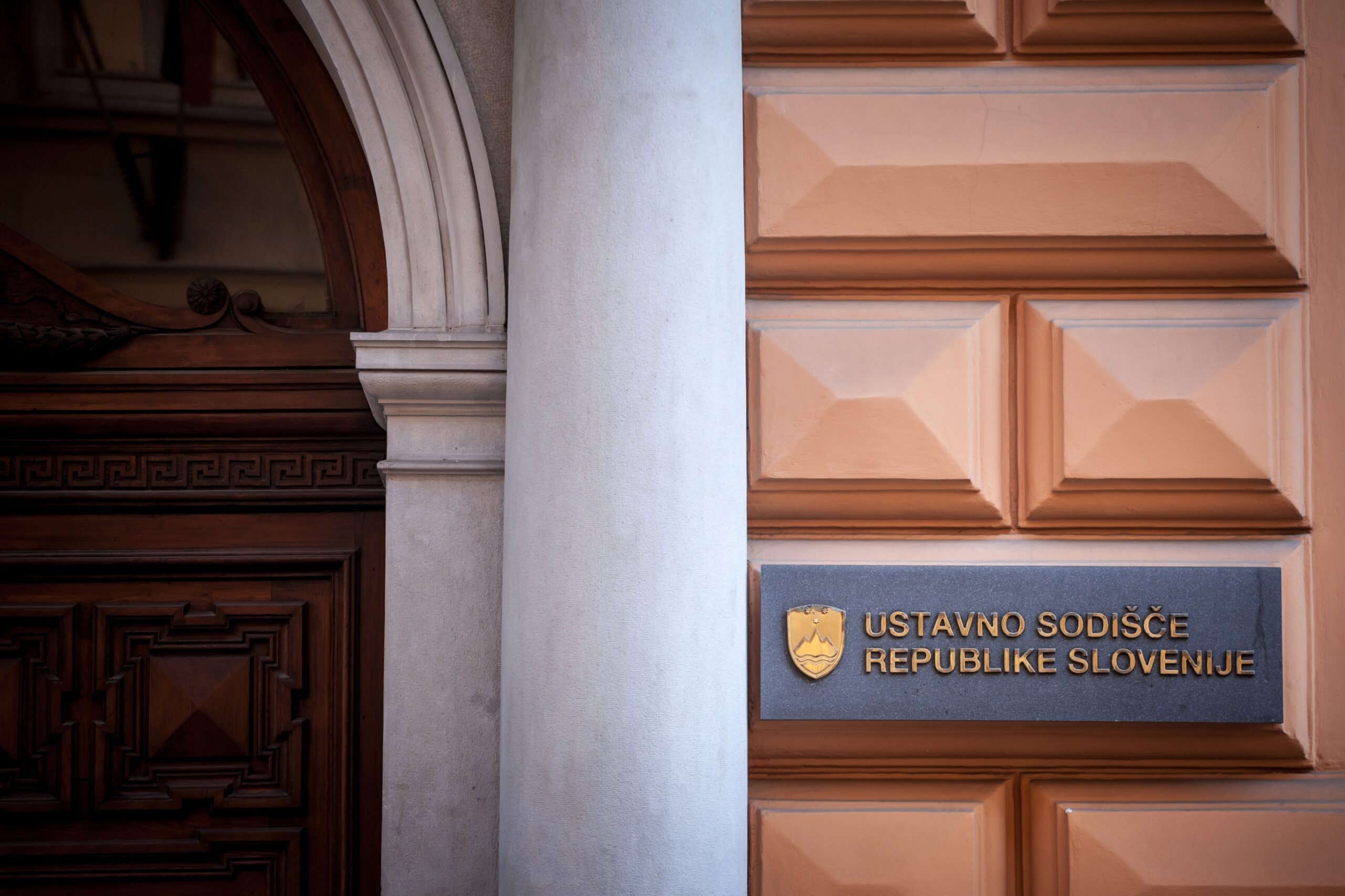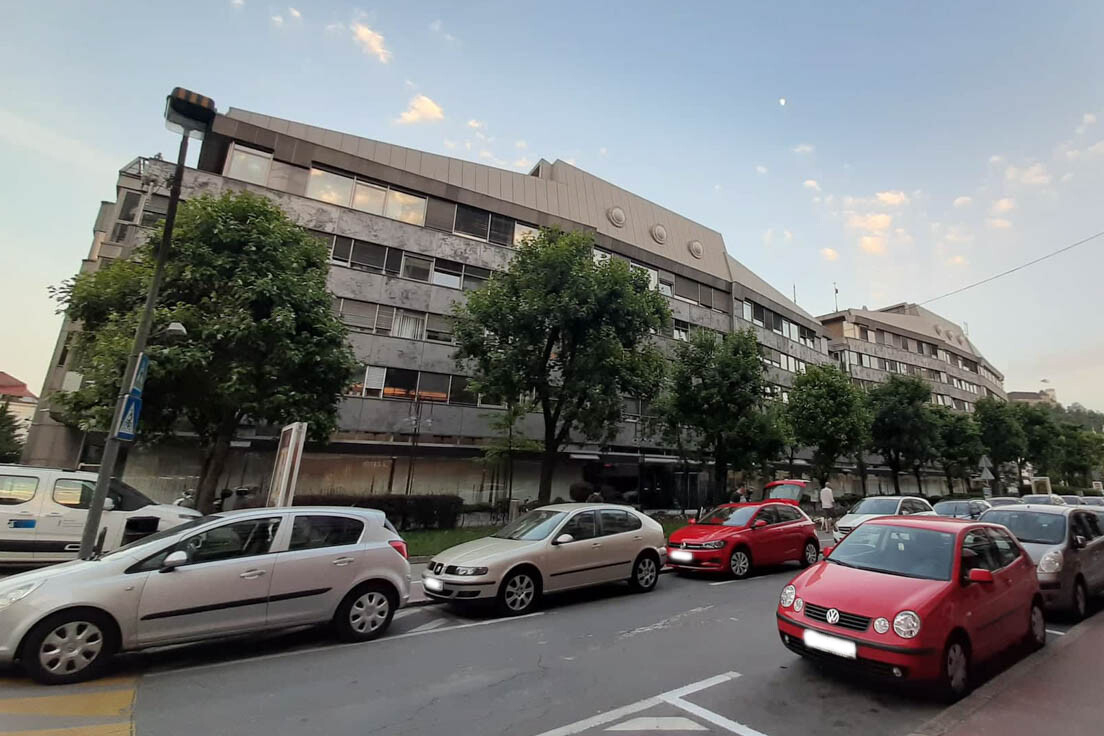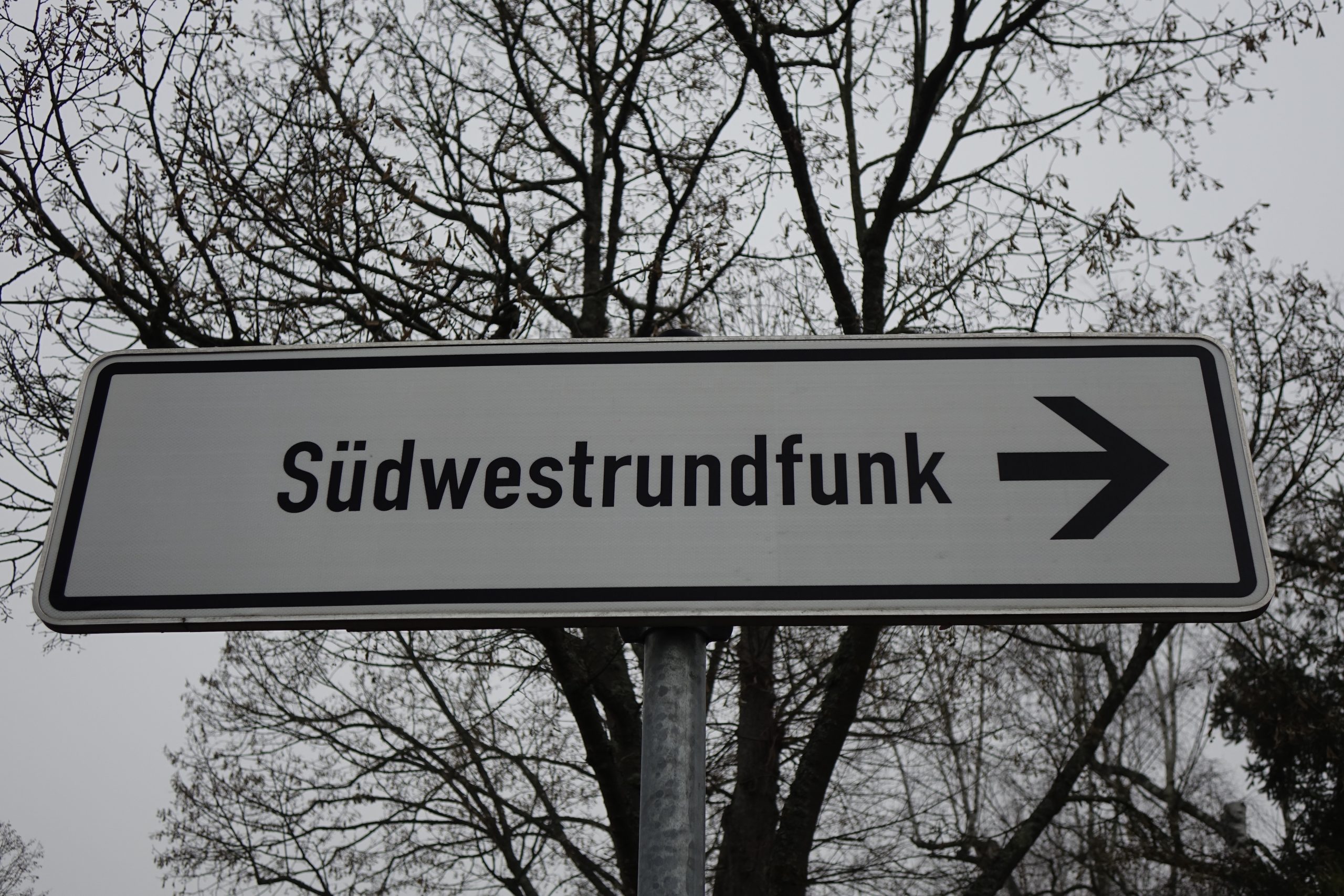Strikes at RTV SLO amid wider instability
13th April 2023
A strike, an investigation into labour violations, and calls for the board to resign has seen continued instability at RTV Slovenia.

Hundreds of workers at Slovenia’s public service broadcaster, RTV Slovenija (RTV SLO), have gone on strike, to protest against ongoing political interference.
“We are striking for public RTV, for the interest of the public, for the right to information and freedom of expression,” said Helena Milinković, the President of the Strike Committee.
In an article written on RTV SLO’s youth-platform, Čist Hudo, the strikers explained their reasoning for the strikes. “[P]oliticians interfere too much in journalistic work. This is not right, because in this way journalists cannot act in accordance with ethical and journalistic standards. Journalists’ reporting must be impartial and of high quality and must not be politically driven.” They also warned strikes would continue through 2023.
The strikes are a continuation of industrial action staged by RTV SLO staff last year. “Negotiations on the resolution of the strike demands did not bring any progress in nine months, what’s more – since the start of the strike, the situation at RTV has worsened,” Ms. Milinković said.
Read more: Strikes for public media workers across Europe
In a statement, the management of RTV Slovenia said they would “continue to strive for dialogue with the journalists’ union and will do everything to reach a strike agreement.” But the strikes had the support of the Minister of Culture, Asta Vrečko, who said the ongoing disruption meant the management had to resign.
So how has it come to the situation where the government is siding with the striking staff who are criticising the broadcaster over political interference?
Much of the political interference is a consequence of the previous administration. The former populist Prime Minister, Janez Janša, presided over a campaign of interference, with political appointments to the Programming Council and Supervisory Board, a raft of programming changes, and the Director of TV Programmes fired. In October, journalists staged an on-air protest after an anchor was reassigned. Thirty-eight staff who participated in an on-air protest were subsequently threatened with being fired. Overall, these changes have had a material impact, with viewership declining.
Despite a change in government, the same management has remained in charge.
Podcast: Listen to Helena Milinković on PMA’s podcast
Reforms beset by legal challenge
To restore RTV SLO’s independence and prevent the politicisation of the management from occurring again, the new Prime Minister, Robert Golob, introduced reforms. But these reforms have continuously stalled, first by an easily passed public referendum and secondly through the Constitutional Court – which is still deliberating on the case.
The reforms would see the Programming Council and Supervisory Board merge into just one decision-making body. The National Assembly would have no role in appointing the members of these boards, and instead appointments would be staggered. The terms of the existing board members, as well as senior management figures (Director-General, TV Director and Radio Director) would be ended, and new people appointed.
In a November 2022 letter, PMA backed the reforms alongside other civil society groups. “Our shared assessment is that overall these draft amendments represent a justified and principled attempt to revise an outdated legislative framework, depoliticise the broadcaster and foster a more enabling environment for the free exercise of RTV SLO’s journalistic mission.”
“We are striking for public RTV, for the interest of the public, for the right to information and freedom of expression … since the start of the strike, the situation at RTV has worsened.” – Helena Milinković, president of the strike committee
However, the legality of the reforms was questioned by the senior management at RTV SLO, who went to the Constitutional Court to stop the reforms from progressing – the same people who would see their terms ended if the reforms were approved. Those involved included the President of the Programming Council, Peter Greogorčič and the Director-General, Andrej Grah Whatmough. They argued the reforms would violate the constitution, as well as the Court of the European Union and the European Court of Human Rights.

As an interim decision, the Constitutional Court stayed several of the amendments related to the broadcaster’s governance while the Court came to a final judgement. This meant the appointments process for the new board and management could still go ahead, but the new appointees would not take up their position until the Court made a final decision. In the meantime, the current management would continue in an ‘acting’ capacity, with limited powers. It is not yet clear how long a decision could take.
The situation has left the Prime Minister “very frustrated”. “Today we are witnessing a stalemate situation until the decision of the Constitutional Court,” Mr. Golob told RTV SLO’s StopKast. “I feel especially very frustrated, because I was naive and believed that RTV could be depoliticised in a civil and legal way, so that this institution would start operating in the public interest.”
The delay was not a surprise to Dejan Vercic, a professor in the University of Ljubljana’s faculty of social sciences, who told VOA the law was “poorly prepared. […] Maybe the government wants this conflict at RTV to continue in order to keep the attention of the public away from important matters, which include the health, tax and pension reforms […] The fact is that the position of media and journalists in Slovenia is rapidly worsening.”
Currently, the Constitutional Court is considering whether some judges should be excluded from the decision-making process.
Further causes of instability
But there are other causes for concern at RTV SLO. In a parliamentary committee meeting in early April, the Chair of the Supervisory Board, Borut Rončević, was asked about “business miracles” which has seen RTV SLO’s finances go from red to black, because of “creative accounting”, as one committee member described it.
In the meantime, the organisation is also being investigated by the labour inspectorate for reported violations. An Extraordinary Programming Council meeting was held to discuss the investigation, but was soon suspended due to members wanting to delay the discussion until the inspectorate had released its official findings.
There is continued unrest at RTV SLO, and it is clear the management of the broadcaster has lost the trust of its own staff. Declining viewership is evidence that this instability is affecting RTV SLO’s output and its ability to provide the public service which the audience expects of it. It is imperative the Constitutional Court arrives at a decision for the reforms soon, and the process to restore the independence and integrity of RTV SLO can begin.
Related Posts
29th November 2022
Slovenia: Bill to depoliticise public media receives public support
Slovenian voters have backed a bill to…
24th November 2022
Slovenia: Media freedom groups back legislative efforts to depoliticise public media
PMA and other media freedom groups back…
27th May 2022
RTV Slovenija staff strike for independence of public media
Employees of Slovenia’s public…

